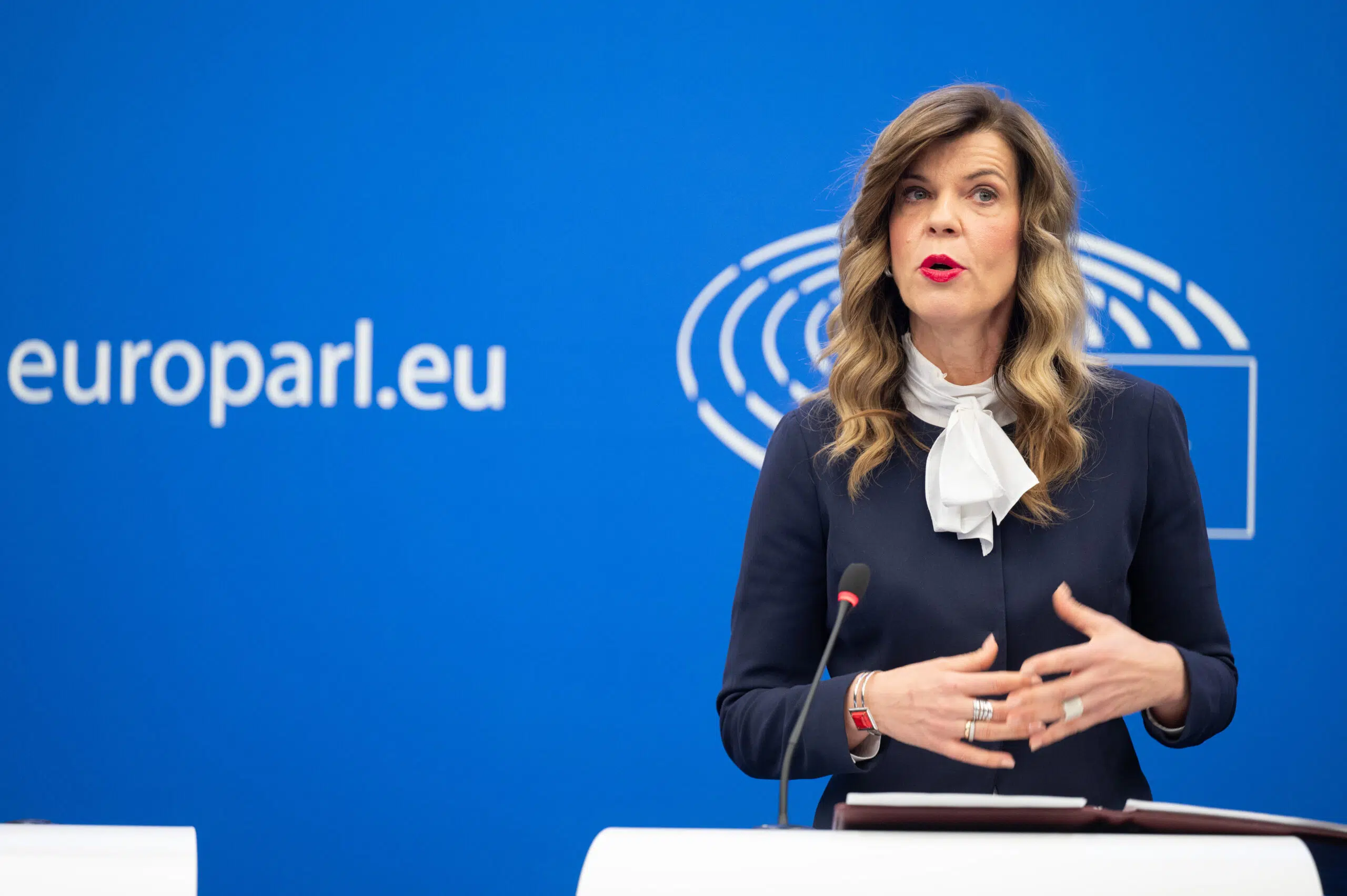Brussels – According to a study conducted by the EU in 2020, 53 per cent of environmental claims made by companies are “vague, misleading, or unfounded.” The growth of so-called greenwashing is the other side of the coin of the rise of an economic model geared toward sustainability. However, a clampdown at the European level is ready: the European Parliament today (Jan. 17) gave the final green light to the new rules to combat cosmetic environmentalism.
Approved by the Strasbourg chamber by 593 votes to 21 with 14 abstentions, the directive presented by the Commission in March 2022 aims to “protect consumers from misleading marketing practices and help them make more informed purchasing choices.” Outlawed slogans such as “eco-friendly,” “natural,” and “biodegradable” unless supported by evidence recognized by public authorities. Companies will no longer be able to use statements suggesting a neutral, reduced, or positive impact on the environment by participating in emissions offsetting schemes. With all the various facets of the case: for example, airlines will no longer be able to sell climate-neutral flights and encourage consumers to offset emissions by paying more.

The use of sustainability labels is also regulated, given the confusion caused by their proliferation and lack of comparative data. To be authorized, sustainability labels will have to be based on certification systems approved or created by public authorities. “This law will change the daily lives of all Europeans,” commented the rapporteur for the European Parliament, Croatian socialist Biljana Borzan, “we will move away from the culture of waste, make marketing more transparent and combat premature obsolescence of goods.”
The directive approved today by the Euro Chamber also seeks to curb the phenomenon of planned obsolescence. To make manufacturers and consumers more aware of product durability, warranty information will have to be more visible and a new harmonized label will be created to give greater prominence to products with an extended warranty period. The new rules also prohibit unfounded claims about durability (e.g., stating that a washing machine will last for 5,000 wash cycles if this is not accurate under normal conditions), calls to replace consumer goods sooner than necessary—as is often the case with printer ink, for example—and false claims about a product’s repairability.
“Industry had put forward arguments, but I disagreed,” Borzan told a press conference. In meetings with all stakeholders in the run-up to the EU Parliament’s position, companies would have insisted that “consumers always want new designs” and constantly seek innovation. But the EU Parliament found these arguments “not acceptable.”
Compared to the European Commission’s initial proposal, amendments were included in Parliament to strengthen regulations on sustainability labels and information tools. During the trialogues with the co-legislators—the decisive one on September 19—the choice was also made to improve the visibility of warranty information and the introduction of a new label for warranty extension. Today was the penultimate step in the European legislative process: the only thing missing is formal approval by the EU Council before publication in the Official Journal. At that point, member states will have 24 months to transpose the directive into national law.




